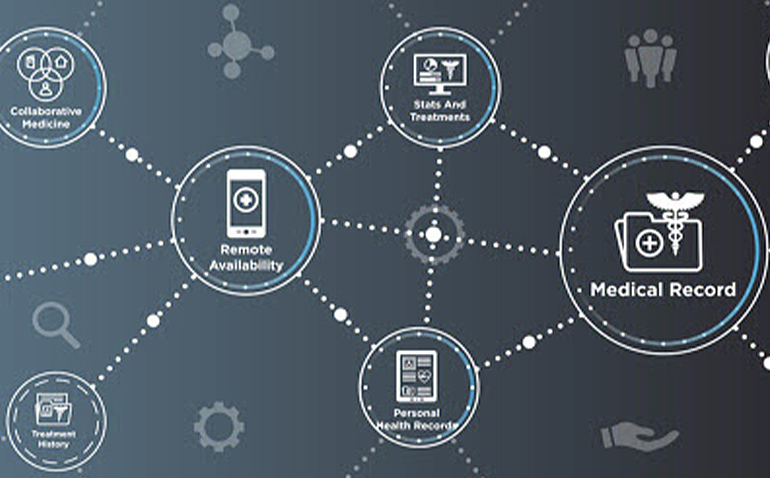
Telemedicine Regulations and the Mississippi Board of Medical Licensure
The Mississippi Board of Medical Licensure has largely been a protectionist group designed to protect the economic rights of physicians in the state and its reaction to the COVID-19 pandemic has confirmed this view.
Initially, when Gov. Tate Reeves issued his first emergency proclamation, the board issued one of its own that said it wouldn’t enforce its regulations governing telemedicine, one of which was a largely pointless requirement that the physician using the service be licensed in Mississippi. A week later, the board walked back this logical action and issued an amended proclamation that said the board actually meant that it was only approving the ability of Mississippi patients with an existing doctor-patient relationship with a physician outside the state to use telehealth during the COVID-19 crisis.
The original order was exactly what should’ve been done. Mississippi has had a doctor shortage for decades and needs all of the help it can get, especially since the at-risk population (those with underlying conditions that make them more vulnerable to the COVID-19 virus) in Mississippi is a higher percentage than many other states. According to the latest study from the American Association of Medical Colleges, Mississippi has the fewest amount of doctors (191.3 per 100,000 population) of any state.
This requirement for telehealth operators was designed to force out-of-state companies to either hire Mississippi physicians or not be able to provide service in the state. It also served to protect the University of Mississippi Medical Center’s burgeoning telemedicine operation.
Contrast this approach with the Mississippi Board of Nursing, which has been forward-thinking in this crisis. The board issued a proclamation that allowed nurse practitioners licensed in other states (but not Mississippi) to see patients via telemedicine. The board also made it easy, via a waiver form, for those nurse practitioners with an out-of-state license to practice in Mississippi for the duration of the emergency.
The two boards were in opposition for years over the so-called tether rule, which required a nurse practitioner to be within a certain radius (first 15 miles and later increased to 75 miles a few years ago) of their collaborating physician. The board finally scrapped the rule in 2018, allowing nurse practitioners to collaborate with physicians electronically. Some states allow nurse practitioners to practice independently without a collaborative agreement and this is a step that could easily be taken in Mississippi to help alleviate the shortage of primary care providers in rural areas. Attempts to do so have failed in the legislature as the state medical association manages to successfully lobby against them.
Healthcare reform could take the form of temporary, emergency actions and later, legislative action. Reeves has the power under his emergency declaration to do as the governor of West Virginia (a former Democrat) and shake off the shackles of protectionist regulation to help get more “boots on the ground” during the COVID-19 crisis.
It’s time for the governor to show some leadership and overrule the Board of Medical Licensure on telehealth. Doing so help people more easily obtain the healthcare they need in this crisis. Once this pandemic has abated, it also should lead to a conversation in the Legislature.
The Legislature has the power to put into statute and overrule the state Board of Medical Licensure on several issues, including telehealth (allowing out-of-state doctors to see Mississippi patients remotely) and allowing nurse practitioners full independent practice. The Legislature also needs to scrap the state’s Certificate of Need program and allow competition rather than central planning to determine the state’s healthcare needs. Doing so will help Mississippi’s underserved, mainly rural populations receive better care closer to where they live and improve outcomes.
To sign up for updates from BPF, subscribe here.
